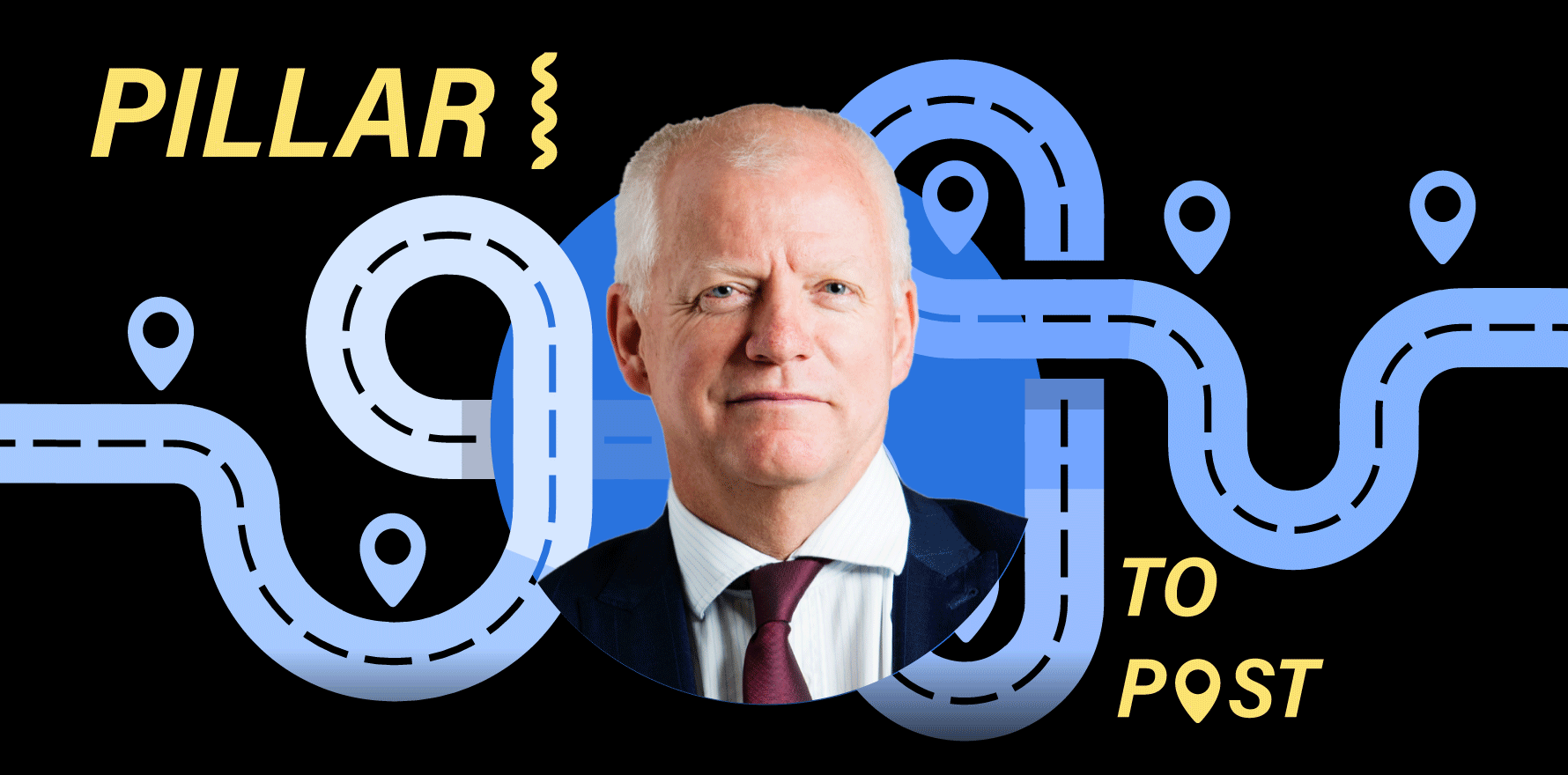After a troubling week which saw it issued with three improvement notices from SafeWork NSW, the MHC is striking a positive note.
Amid a cloud of SafeWork improvement notices and accusations of toxic workplace culture, the NSW Mental Health Commission has put the former head of the Northern NSW LHD Wayne Jones at its helm and is confident he can turn the ship around.
Over the past months, the NSW Mental Health Commission has faced damning accusations of poor workplace culture, culminating in the resignation of the former commissioner Catherine Lourey and three SafeWork improvement notices relating to breaches of workplace and safety legislation.
Last month, Minister of Mental Health Rose Jackson appointed Mr Jones as acting commissioner to cover the interim months while a permanent candidate was recruited.
Speaking to Health Services Daily, a spokesperson for the commission said that Mr Jones’ 40 years of NSW Public Health system experience, in both clinical and general management positions, and his “deep understanding of the sector” put him in a “strong position to help implement the actions to address the concerns raised by SafeWork”.
Over the month since his appointment, Mr Wayne has led the implementation of several initiatives to improve working conditions at the commission.
“For example, reviewing and clarifying roles and, through collaboration and discussion, increasing transparency and employee input into strategy and operations at the commission,” the MHC said in a statement.
In the wake of the SafeWork notices, which were issued to the commission last week, further actions have been outlined by the acting commissioner.
“The proposed actions, include: a holistic approach to workload across teams at the commission, a review of internal communications, agreement on acceptable and unacceptable behaviours and employee involvement in the development of a business plan for the commission,” said the MHC.
“The business plan will include an action plan in response to employees’ feedback from the 2023 People Matters Engagement Survey.”
Employees of the commission were unanimously in favour of the proposed actions when briefed at a Townhall on Tuesday, said the MHC.
“The commission is committed to working with all its employees to create a work environment and culture that allow it to continue with its important role of monitoring, reviewing and advocating to improve the mental health and wellbeing of the community.”
Poignant timing for Lowitja Institute CEO
Today is the last day on the tools for the Lowitja Institute CEO Professor Janine Mohamed who is ending her five-year tenure in the role.
It’s a poignant piece of timing on many levels one of Professor Mohamed’s last tasks is to attend today’s state funeral in Adelaide for Dr Lowitja O’Donoghue, who passed away at the age of 91 on 4 February.
“She changed my life path, and that of so many others, and we are blessed to have known and learned from her,” said Professor Mohamed in her last CEO’s message.
“We are truly grateful to her family and community for so generously sharing her with us all, across so many walks of life in Australia.
“This is gracious timing: to farewell such a truly ground-breaking woman on International Women’s Day.”
Paul Stewart, who has been Professor Mohamed’s deputy CEO, will be acting CEO during the formal recruitment process for a new CEO.
MQ Health seeks IT director
MQ Health, operator of a Macquarie University-owned teaching hospital and clinics, is recruiting an IT director, taking over from Jonathan Covell, who was appointed CIDO of MU last September.
According to an advertisement placed on LinkedIn, MQ Health is “is Australia’s first fully integrated academic health sciences centre under a University’s leadership”.
“To support MQ Health, the IT director will require specialised health IT knowledge and leadership to ensure that patients continue to receive top levels of clinical care, clinicians have access to the newest systems, and students are supported,” a spokesperson said.
The incoming director needs to work with both enterprise IT infrastructure, as well as specialist platforms and operating systems found in a digital hospital.
“The Macquarie University Hospital is a fully electronic hospital with over 160 beds and 18 theatres,” the spokesperson said.
“The MQ Health IT director is a critical hire as the successful candidate will be a pivotal member of the senior IT leadership team, working together to deliver Macquarie University’s ambitious digital transformation agenda.”
Applications close on 12 March. All enquiries to Lizzy Nguyen, HR Consultant via lizzy.nguyen@mq.edu.au.
NARI names new director
The National Ageing Research Institute has appointed Professor Tracy Comans as its new director.
A UQ Amplify Fellow at the Centre for Health Services Research, University of Queensland, and an Adjunct Research Fellow at the Royal Brisbane and Women’s Hospital, Professor Comans is known for her innovative application of economics in health services, and for developing the prototype for the aged care star ratings system.
With qualifications in physiotherapy and economics, and a clinical background specialising in aged care, dementia, and rehabilitation, Professor Comans brings a unique perspective.
Professor Comans is joining NARI at a pivotal time in its almost 50-year history. Ongoing innovation and investment are needed to ensure the continued delivery of translational research and evidence-based programs that benefit older people, improve the standard of in-home, community, hospital and residential aged care services and ensure the ongoing health and wellbeing of the paid and unpaid workforce.
Professor Comans will be taking on the role in May when existing NARI Director, Professor Briony Dow, retires. Professor Dow has spent more than 20 years at NARI, including leading the organisation for the past decade.
“I am honoured to step into the role of Director at NARI, an esteemed institution that I have long admired. I look forward to playing my role in ensuring NARI continues to build on its legacy, working with our staff and partners to deliver improved outcomes for older people across Australia and around the world,” said Professor Comans.
AI ethics expert joins WCHN
Dr Melissa McCradden, an expert in the ethics of artificial intelligence, has been appointed AI Director at the Women’s and Children’s Hospital Network in Adelaide, alongside a joint appointment as Hospital Research Foundation Fellow in Paediatric AI Ethics at the University of Adelaide.
Dr McCradden was with the The Hospital for Sick Children in Toronto prior to her arrival in South Australia.
Building off her extensive work defining frameworks for the clinical translation of machine learning, the role aims to facilitate the ethical translation and integration of AI models into clinical and operational environments at the WCHN.
Her work will explore ethical issues for AI in healthcare across three main questions:
- What kind of evidence should we be collecting (and how!) when deciding to integrate AI tools in clinical care?
- What strategies can we use to prevent inequity and, ideally, improve equity when applying AI tools?
- What is important to youth consumers about how we use AI in healthcare?
“My dream is to have frameworks in place for the safe, reliable and ethical development, testing and integration of AI tools that benefit South Australian patients, staff and the healthcare system,” Dr McCradden said.
“What I really love is being able to answer patients’ questions. For example, early on in my career I spoke to the Children’s Council at SickKids about AI and their first questions were things like ‘how do you test AI?’ and ‘what are the standards you use to know if it works or not?’.
“These are big, important questions, and I have kept them in my mind throughout my career.
“The impact of my work has been the ability to answer those questions in a way that reassures people that AI tools that may be used to help care for patients have been thoroughly tested, are safe, and are implemented with patients’ values at the forefront.”



